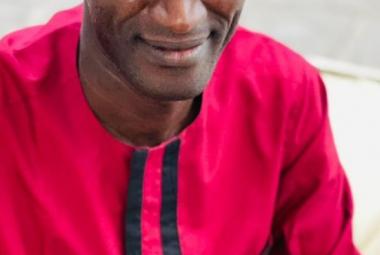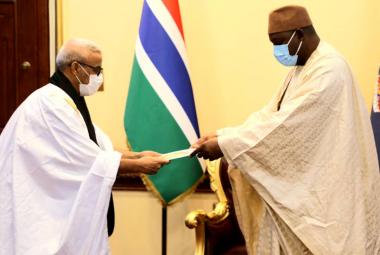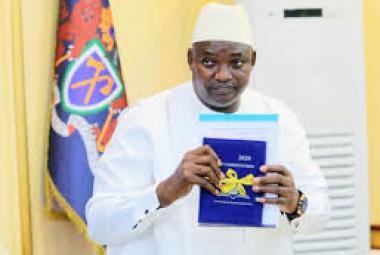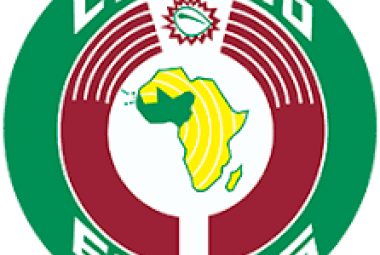The ECOWAS Court of Justice yesterday, October 2nd organized first of its planned sensitization forums in the Gambia, held at the Senegambia Beach Hotel. Participants included judiciary officials, civil society and students from the University of the Gambia. The initiative meant to ensure doubts are cleared on the status of the ECOWAS Court and to sensitize the public on access to the Court will end on October 4th.
Justice Gibril Janneh from the Supreme Court of the Gambia, pointed out that the Economic Community of West African States (ECOWAS) Community Court of Justice does not stand alone; that it has accepted the submission of individual complaints about human rights violations since 2005.
“Established in 1991 and located in Abuja, Nigeria, the court hears cases from Nigeria, Benin, Burkina Faso, Cape Verde, Cote d’Ivoire, The Gambia, Ghana, Guinea, Guinea Bissau, Liberia, Mali, Niger, Senegal, Sierra Leone, and Togo,” he explained.
Justice Janneh further explained that the 1975 ECOWAS Treaty included a mandate for a Community Court of Justice (CCJ) to adjudicate disputes related to the interpretation and operation of the Treaty, as revised in 1993. The details for the operation of the Court, he said, were established by the 1991 Protocol on the Community Court of Justice signed by the ECOWAS High Contracting Parties. He said, the Court became operational in December 2000 and that seven judges sit on it, each serving a five-year term. No two judges can be nationals of the same state.
“CCJ jurisdiction is set out in Article 9 of the 1991 Protocol which states that the court ‘shall ensure the observance of law and the principles of equity in the interpretation and application of the provisions of the Treaty’. The Court has ruled that this includes jurisdiction over human rights cases. This principle was codified by a 2005 ECOWAS Supplemental Protocol, which states that the CCJ has jurisdiction to hear human rights cases and expands the admissibility rules to include disputes between individuals and their own member states. As a result of these amendments, the CCJ is thus four courts in one: an administrative tribunal for ECOWAS, a human rights court, a court of arbitration, and an Inter-State dispute resolution tribunal. The Court can consider cases brought by,” Gambia’s apex court justice further remarked.
Justice Keikura Bangura from the ECOWAS Court affirmed that the ECOWAS outreach program is to engage the civil society organization and the judiciary in an informative way to clear doubts on the status of the court.
Mr. Salieu Taal from the Gambia Bar Association said the Court relies on the mandate of the African Charter on Human Rights and various instruments to spread the word of the ECOWAS Court.







